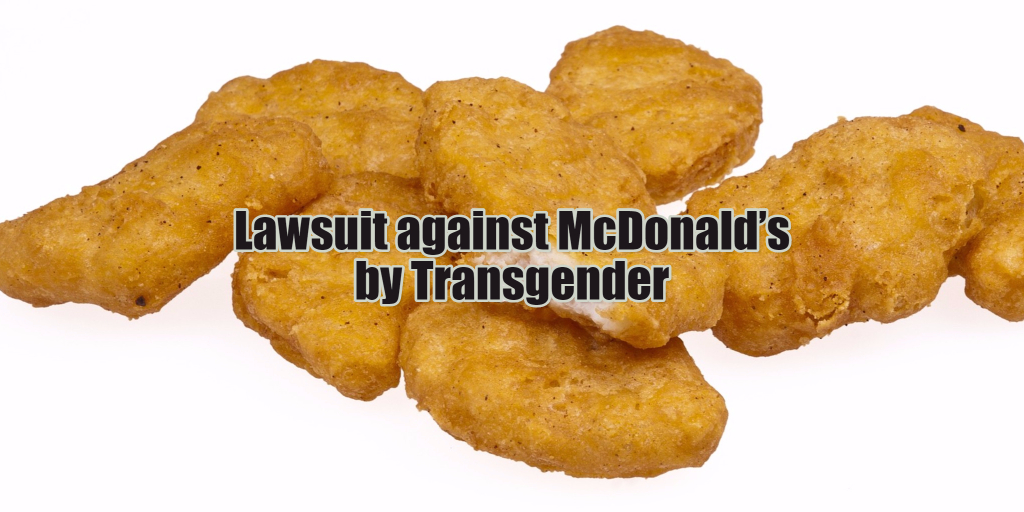A lawsuit filed last month has shined the spotlight on San Francisco State University after an employee claimed that she was being harassed in the workplace for undergoing chemotherapy.
Angela Sposito’s work life was okay until she had to undergo chemotherapy in 2014 to treat a cancerous tumor. When she got back to work, her supervisors started to alienate her slowly.
Angela began being locked out of meetings, which she had access to previously, without being offered any explanation.
Sposito had, earlier in the year, been granted permission to bring her emotional support dog to the workplace. The dog, named Frankie, was supposed to help her get through her anxiety disorder. However, the university’s president Leslie Wong took issue with the animal saying that she did not want to be around Frankie. She also questioned the need for Sposito to have the dog with her in the workplace in a manner suggesting that she leave Frankie at home.
In 2015, Sposito had a new supervisor, Troi Carleton. Sposito alleges that Carleton tried to convince her to quit her job since she feared that she could one day find Sposito dead in the workplace.
A few months after working with her new supervisor, Sposito was unwillingly placed on administrative leave.
The lawsuit also alleged that during Sposito’s time on leave, the human resource staff began making false utterances regarding her cancer treatment. The suit cited Ann Sherman, who was the then associate vice president of HR, whom it alleges, communicated to other staff members that she believed Sposito was ailing from “chemo brain”.
Sposito was subjected to several fit-for-duty exams, before she was finally allowed to return to work in December 2016. At her return, she was transferred to the human resource department and placed with the same people that were causing her misery.
The university, however, denied the allegations and claimed that it acted appropriately. Daniel Ojeda, the school’s lawyer, argued that Sposito’s claims lacked merit and the university would provide a complete account of the facts to disavow these allegations.
Markedly, Sposito’s suit is not the first complaint to be filed in the courts against the school as Linda Ellis, who is a professor at the school, had accused the University of performing unfair medical exams.



